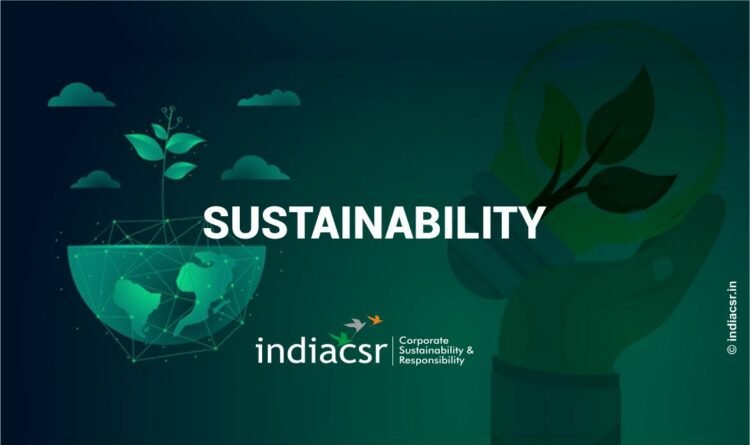NEW DELHI: Ambuja Cement and ACC – both operating companies of leading global building material and solutions organisation LafargeHolcim – have collectively accelerated their decarbonisation agenda.
The aim is to generate clean and green energy in line with Lafarge Holcim’s Net Zero Pledge and its ambition to reduce emissions from electricity. The decarbonisation agenda will be delivered through a number of measures, from waste heat recovery to using more renewable energy and reducing the amount of clinker used in cement manufacture.
“We have been consistently striving to set new benchmarks in sustainable construction in India. Our approach to achieve this goal encompasses the three Ps: People, Planet and Profit. By adopting these decarbonisation measures, both ACC and Ambuja are giving momentum to their global net zero journey. As an advocate of strategic sustainability goals, we will continue to focus on responsible manufacturing and production.” said, Neeraj Akhoury, CEO LafargeHolcim India and Managing Director & CEO, Ambuja Cements Limited.
The companies are also actively partnering with power producers to install renewable energy facilities across its sites and increase its share of renewable energy from the grid. In addition to further reducing their carbon footprint, Ambuja and ACC have also adopted the use of solar power in their cement manufacturing process.
“We are a partner of the Cement Sustainability Initiative (CSI) in India, which is a testament to our commitment to reduce our carbon footprint. The adoption of these key levers to accelerate decarbonisation will strengthen our focus on contributing to economic development, social development, and environmental protection,” said Sridhar Balakrishnan, MD & CEO, ACC Limited.
Both companies have undertaken several CO2 reduction measures such as clinker factor reduction, thermal substitution rate, thermal & electrical energy efficiency, renewable energy and adoption of new technologies. Both companies have comparatively low specific CO2 emissions in the world with about 530 kg and 512 kg CO2 per ton of cementitious material for Ambuja Cement and ACC respectively. Together they are striving to further reduce their carbon emissions intensity to help reach LafargeHolcim’s sector-leading 2030 targets.
To drive sustainability through technology, the WHRS will be in installed at Ambuja Cements plants in Bhatapara (Chattisgarh), Suli and Rauri (Himachal Pradesh) and Marwar Mundwa (Rajasthan); and ACC plants in Jamul (Chhattisgarh) and Kymore (Madhya Pradesh). All projects are slated to be completed within the next 2 years. The investment of Rs. 780 crores in WHRS adding over 76 MW capacity across six sites will be completed in the next two years.






















